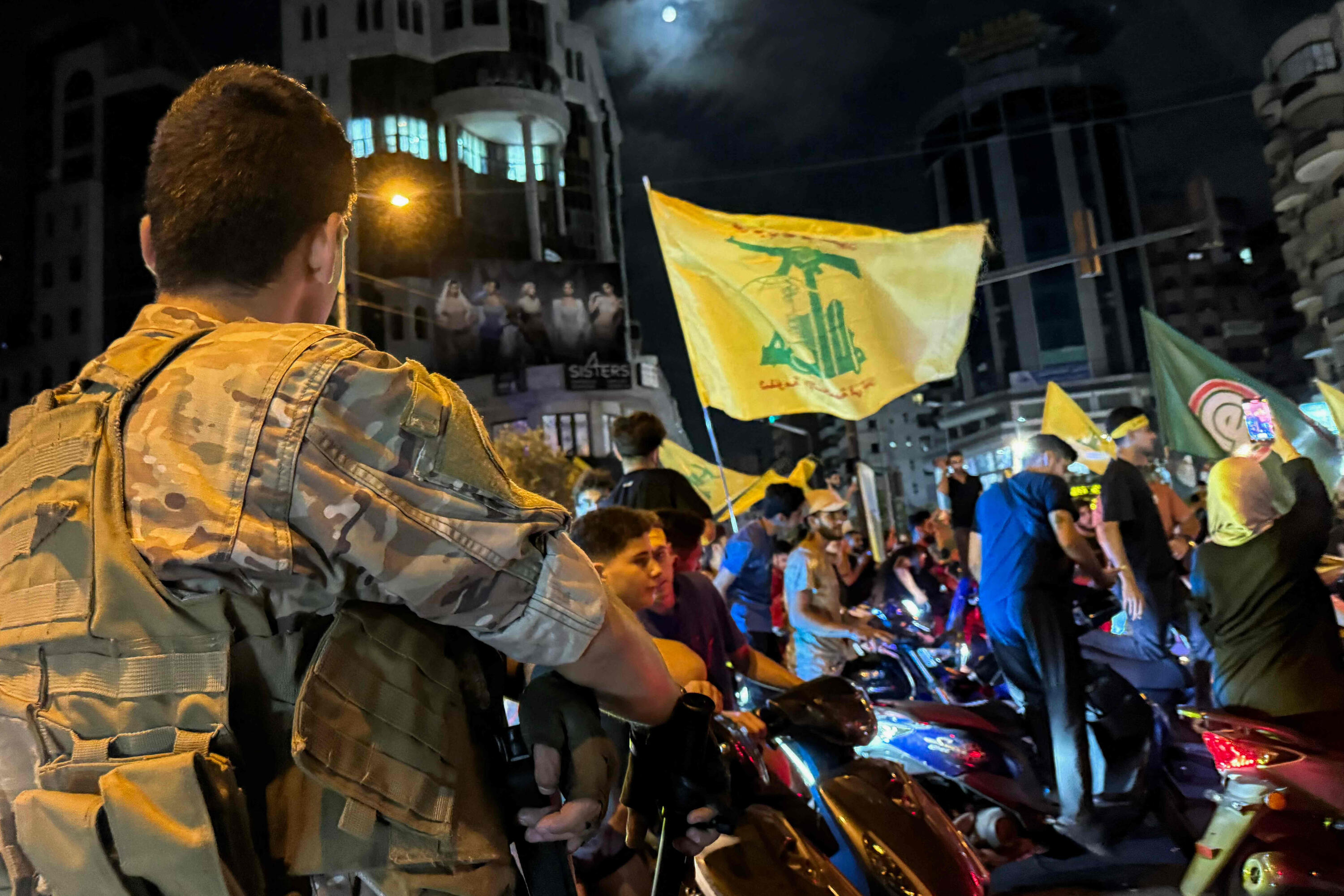Lebanon Parliament Approves Plan to Disarm Hezbollah
Lebanon's parliament has approved a controversial plan to disarm Hezbollah, marking a dramatic shift in the country's security policy amid escalating regional tensions.

Lebanon's parliament voted on Sunday to approve a government-backed initiative aimed at disarming Hezbollah, the powerful Shiite militia and political party that has long operated as a state within a state. The decision comes after weeks of heated debate and mounting pressure from both domestic factions and international actors concerned about Hezbollah's military influence and its role in regional conflicts.
The session, held in Beirut under heightened security, saw a narrow majority of lawmakers support the plan, which calls for the gradual collection of Hezbollah's weapons and the integration of its fighters into the Lebanese Armed Forces. Supporters of the measure argue it is essential for restoring state sovereignty and preventing Lebanon from being drawn further into the ongoing conflict between Israel and Iran-backed groups in the region. "This is a historic step for Lebanon's independence and unity," said one parliamentary leader during the session.
Hezbollah's representatives in parliament vehemently opposed the plan, warning that disarmament would leave Lebanon vulnerable to external threats, particularly from Israel. In a statement issued after the vote, a Hezbollah spokesperson called the move "an act of betrayal" and vowed that the group would not comply with what it described as "foreign-imposed dictates." The group has not indicated any willingness to surrender its arsenal, raising concerns about potential clashes or a deepening political crisis.
The decision has already sparked protests in parts of Beirut and southern Lebanon, where Hezbollah enjoys significant support. Security forces were deployed to prevent violence, and there were reports of sporadic confrontations between demonstrators and police. International reaction has been mixed: Western governments have largely welcomed the move, seeing it as a step toward stabilizing Lebanon and curbing Iranian influence, while officials from Iran and Syria have condemned the decision as destabilizing.
Regional analysts caution that the implementation of the disarmament plan will be fraught with challenges. Hezbollah's military wing is estimated to have tens of thousands of fighters and a vast arsenal of rockets and missiles. The Lebanese army, while respected, lacks the capacity to forcibly disarm the group without risking civil conflict. "The real test will be whether the government can enforce this decision without plunging the country into chaos," said a Beirut-based security expert.
The parliamentary vote comes at a time of heightened regional instability, with cross-border skirmishes reported between Hezbollah and Israeli forces in recent weeks. The move also follows renewed calls from the United Nations and Arab League for Lebanon to assert control over all armed groups within its territory. As the government prepares to implement the plan, the coming days are likely to be critical in determining whether Lebanon can avoid a new cycle of violence or political paralysis.